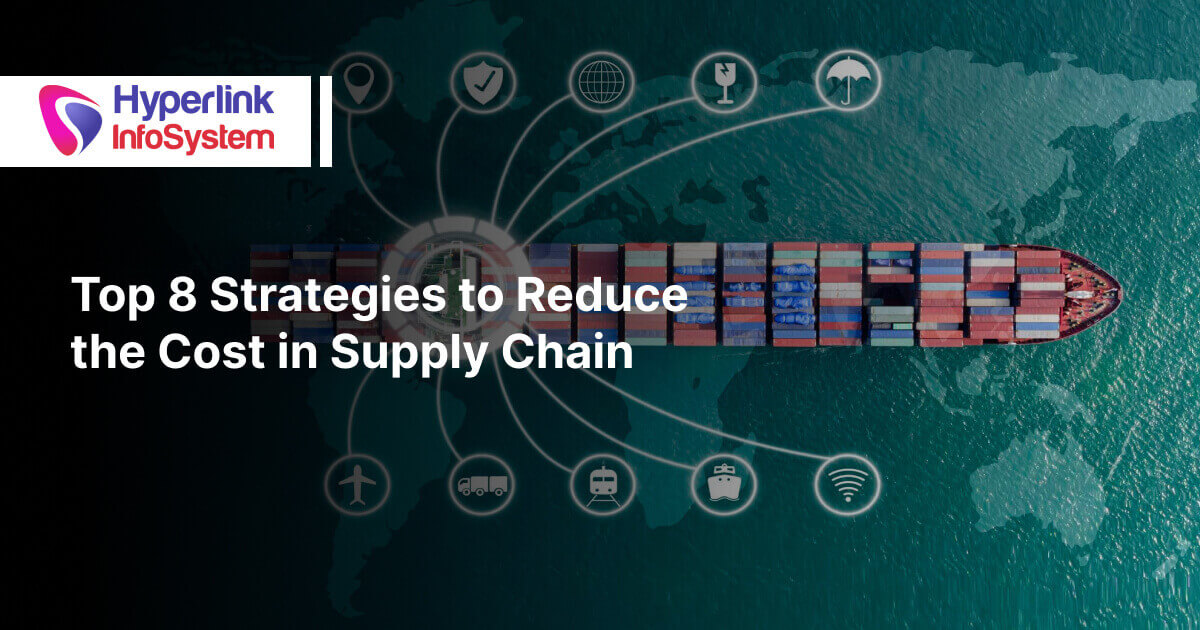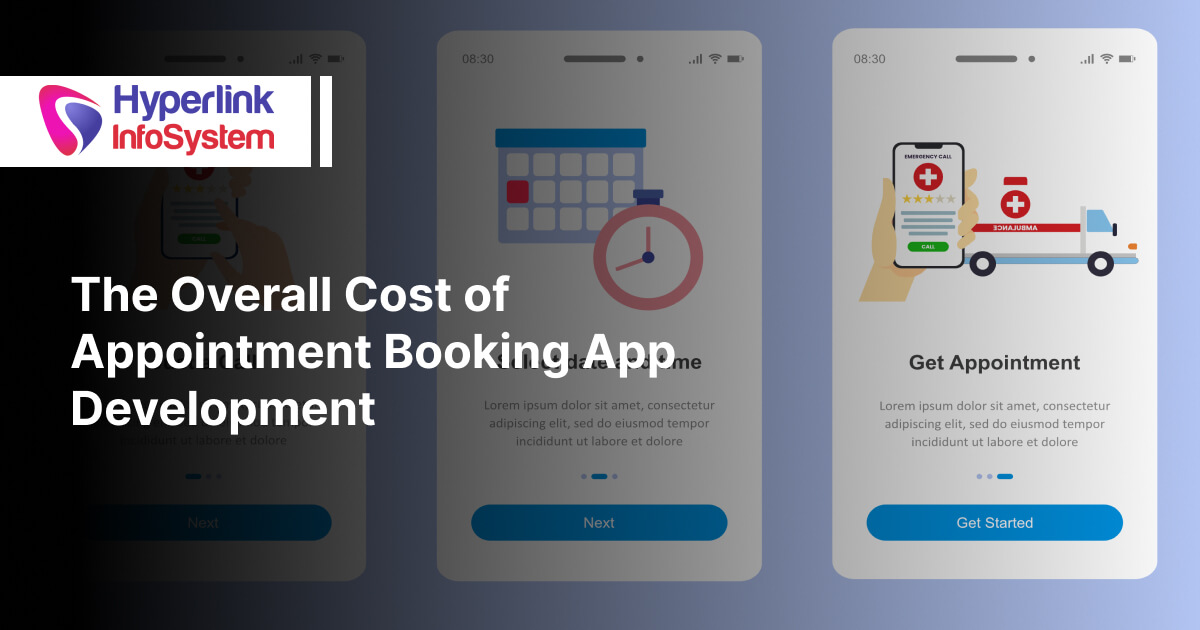Users have already integrated mobile applications into their daily lives, but many companies still doubt the benefits of using these platforms. Most people believe that smartphones are more important to them than computers and television. Mobile traffic already exceeds desktop traffic in most places around the world.
Considering these data, it is clear that it is a relevant channel for marketing. However, many companies still have doubts about its effectiveness, especially when it comes to mobile applications.
Advantages of Using Mobile Applications
Allows Direct Communication
Users can directly access a company's services through a mobile application.
Increase Visibility
By being present in an additional channel, the company gains more visibility in the digital world. The application will not only appear in online app stores, it will also appear in general Google search results.
Loyalty to Users
Applications focus on specific functions. This, together with the high level of customization that they can achieve, makes users easily accommodate them and include them in their routines.
Improve Conversions
Being very specific, they help users to take actions, facilitating conversions. In addition, you can put links to the website to improve traffic, promote services, products and different objectives.
Offer Ongoing Care
The apps are available every day and at all hours. Even when your company is not open to the public, users will have the option of accessing services or reviewing information through their phone.
Complements Web Analytics
There are specialized tools to study the behavior of users in applications. This information can be used to improve the platform and also to supplement the general customer analysis.
Open a space For Innovation
With creativity, companies can take advantage of these functions to innovate and improve their businesses.
Create Optimized Experiences
Mobile applications are 100% designed for these devices. By having specific functions and being highly customizable, they can offer a very good user experience.
To achieve all these benefits, companies must integrate mobile applications into their overall strategy. It is important to do a good planning and a suitable design of services to offer a coherent experience across the platforms.
A well implemented mobile application will highlight a company over its competition, increase its reach, and as a consequence, improve its achievement of objectives.
What We Offer At Hyperlink InfoSystem
Development Transparency
We provide access to our task manager, and are also ready to work in any way convenient for you. You can get information about the status of the project at any time.
Full Development Cycle
We provide a full project life cycle from the creation of system requirements and development to implementation, support and development.
High Level of Product Quality
An individual approach to development, regular clarification of requirements, strict control of the timing and budget of the project ensure the creation of a high-quality product.
Active Interaction
We hold meetings and show regular demos all through the project development stages.
Cost of Mobile App Development
One of the most common questions that mobile app development agencies like Hyperlink InfoSystem get from their customers is about the cost of the development of mobile app. The simple answer is that the development cost of a mobile app varies depending on several factors.
It's like the car market: not all are the same price and it depends on the quality, size, functionality, accessories, etc. But only a few know what is behind an app development project and many people underestimate the effort involved.
Costs According To The Main Characteristics of Mobile Apps
Apps differ in terms of their functions and therefore also in terms of their price. Developing apps is a complicated process, and the cost of creating an app is largely determined by the amount of functionality, and therefore its price. Common functions are:
- User login
- Push notifications
- navigation
- Portrait / landscape view
- Media content
- Geolocation
- Integration of Google Maps
- Chat / messaging
- Advertising in the app
- In-app purchases
- Integration of payments
- Streaming
- Multi-language support
- Offline mode
- Database
- Use of cell phone sensors
- Adaptation
- search
- Cost of maintaining the app
Types of Apps
The cost of developing an application also depends on what type or category the application falls into. Here is a list of the types of mobile app development:
Web App
Web applications are nothing more than websites that are optimized for mobile users. Many surveys show that 80% of smartphone users prefer mobile apps to websites.
Native App
It is a type of app that is developed for a specific operating system, be it Android or iOS. These apps are complex in nature and offer the best user experience.
Hybrid App
This app is simpler because it works in a single programming language. However, unlike native applications, it can work on both platforms. They are easier to manage and develop. However, their user experience is not as good as that of native applications.
Contact our team of professionals in Turin to assist you with an excellent I.T solution. With over 9 years of experience of developing mobile apps for companies in different sectors, we are well posed to deliver the solution to take your business to the next level.
 +1 309 791 4105
+1 309 791 4105















































 +91 8000 161161
+91 8000 161161
